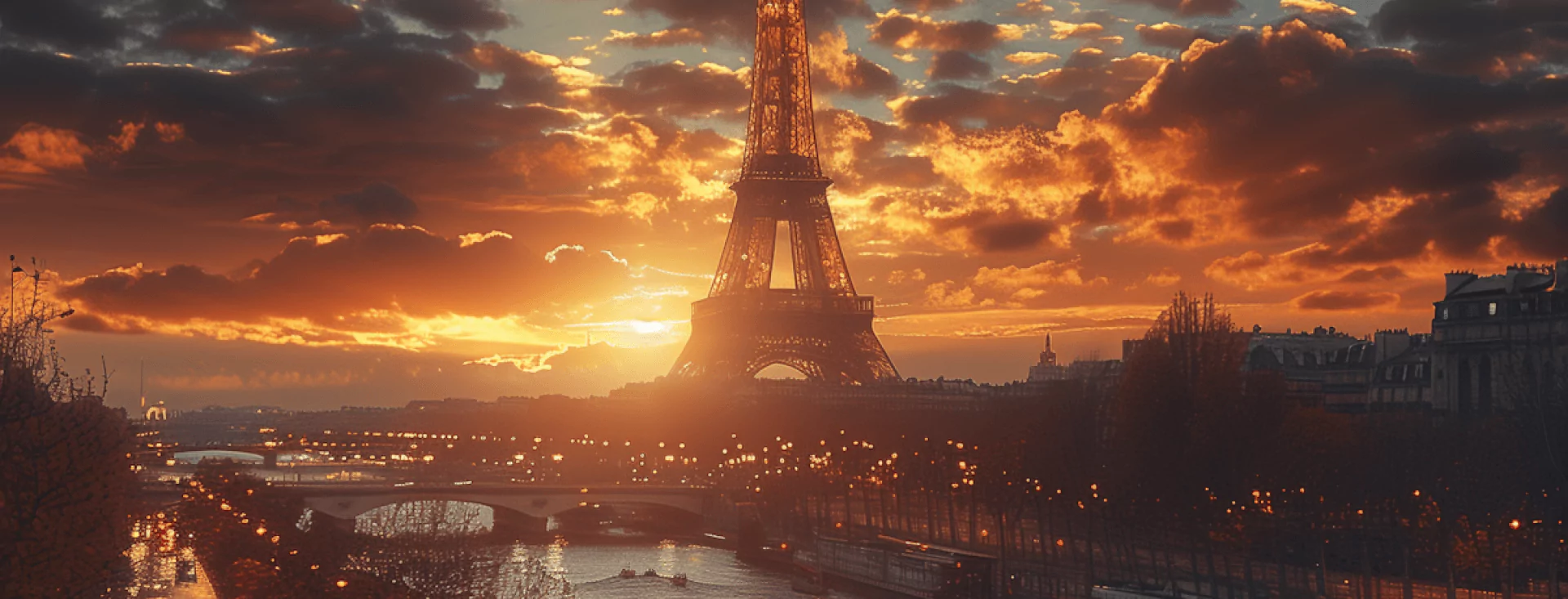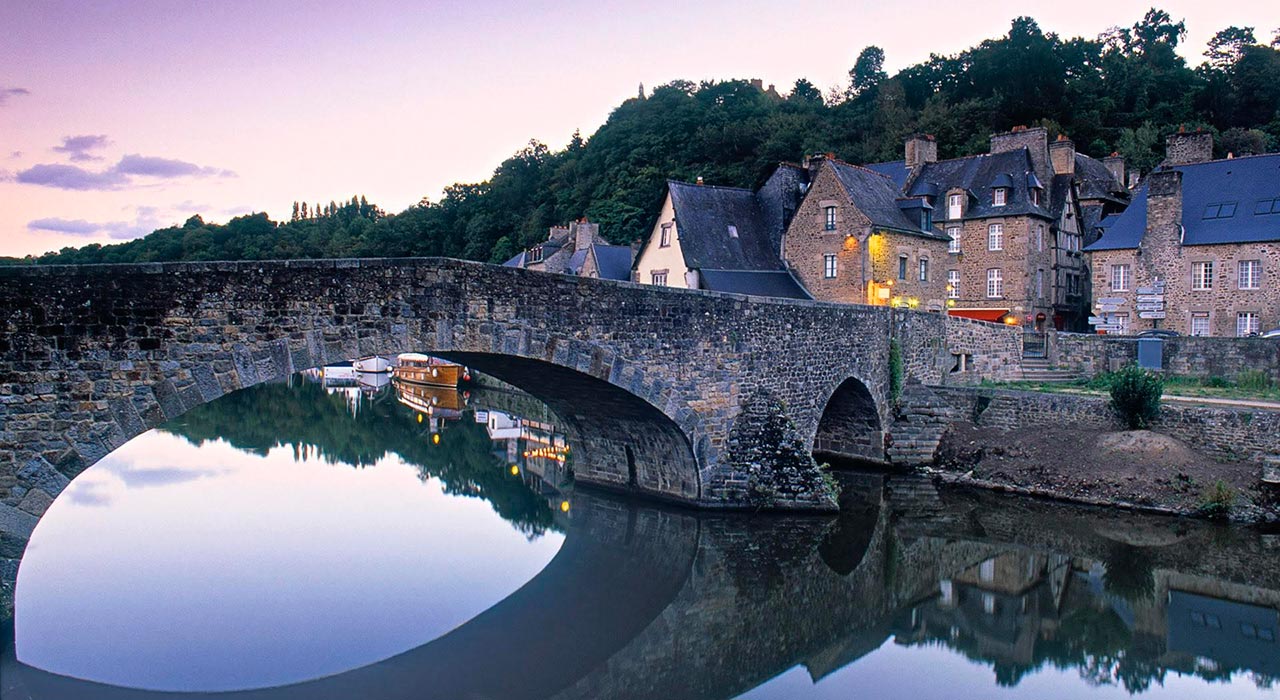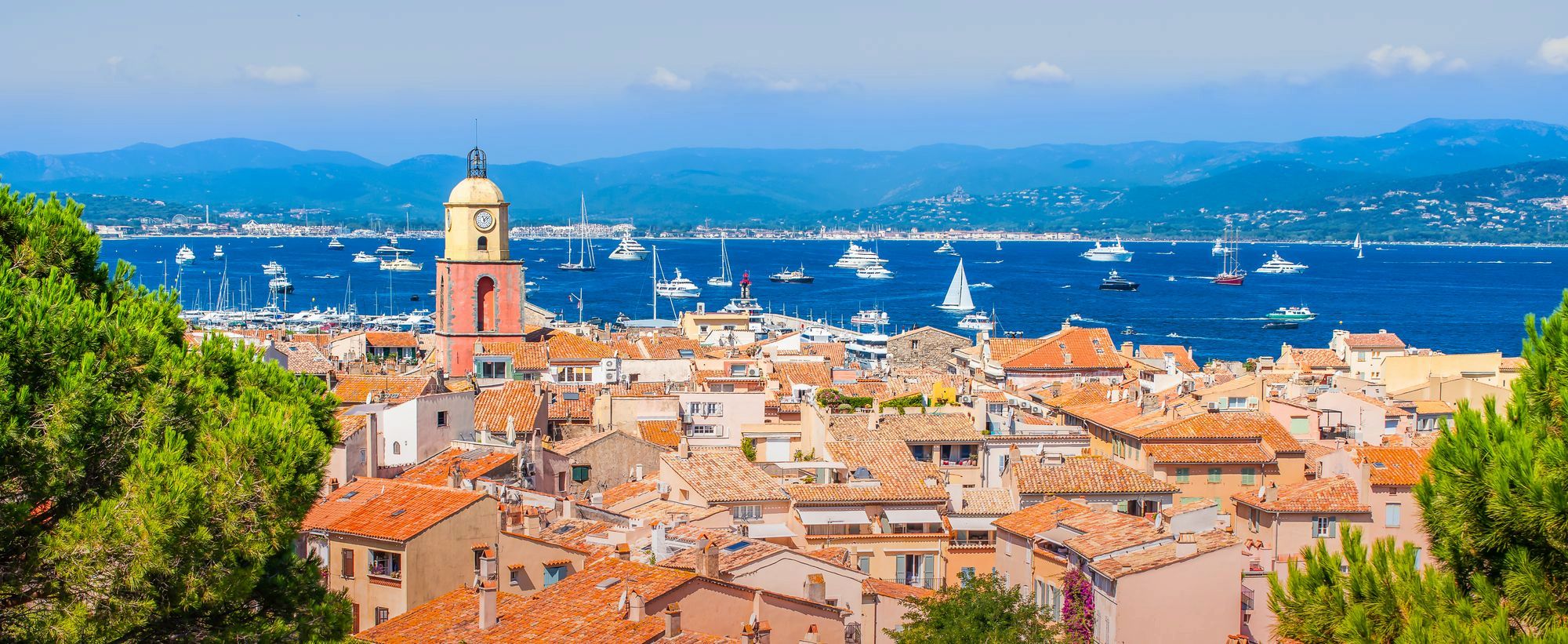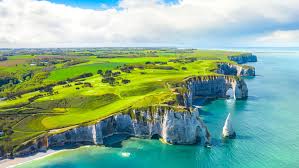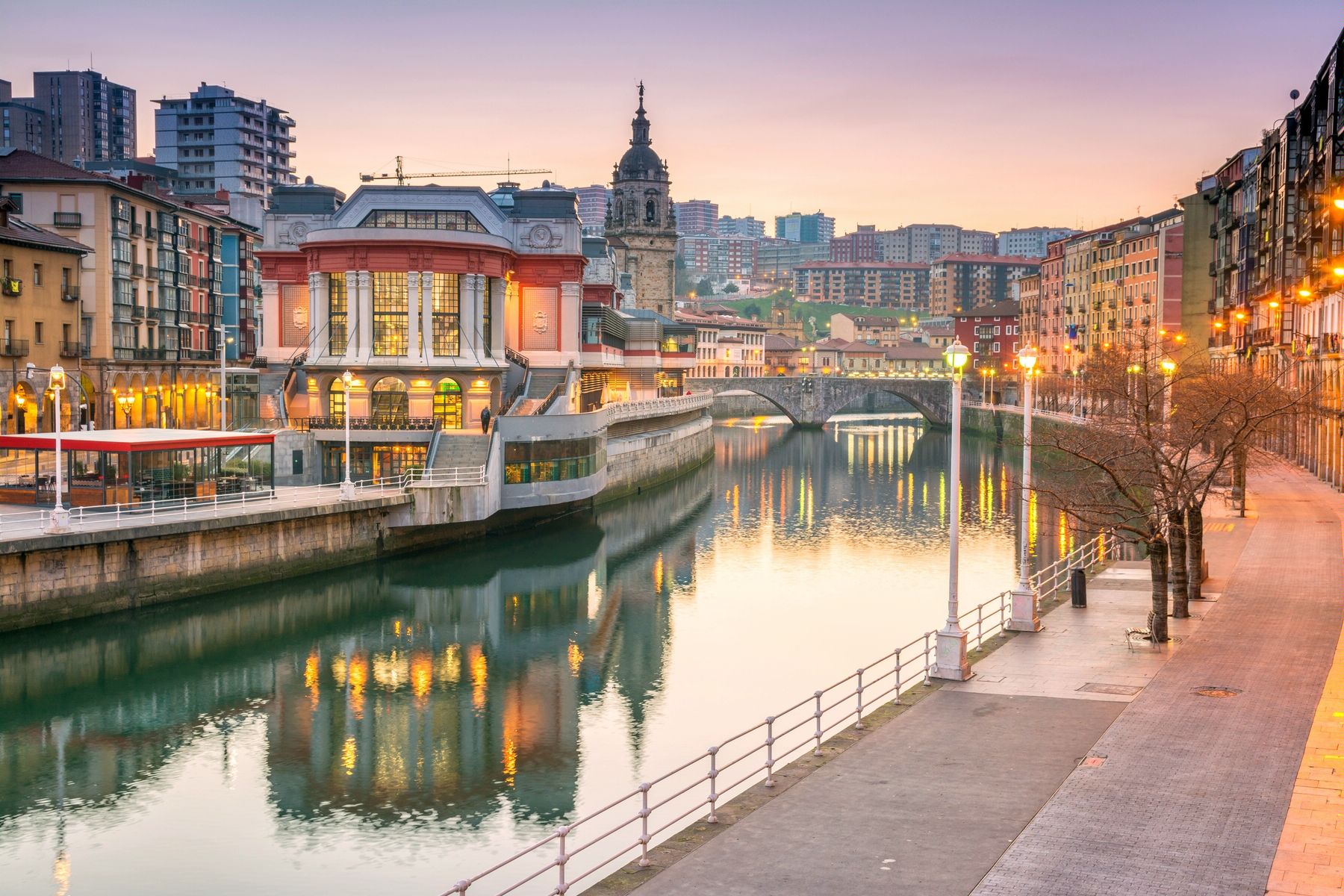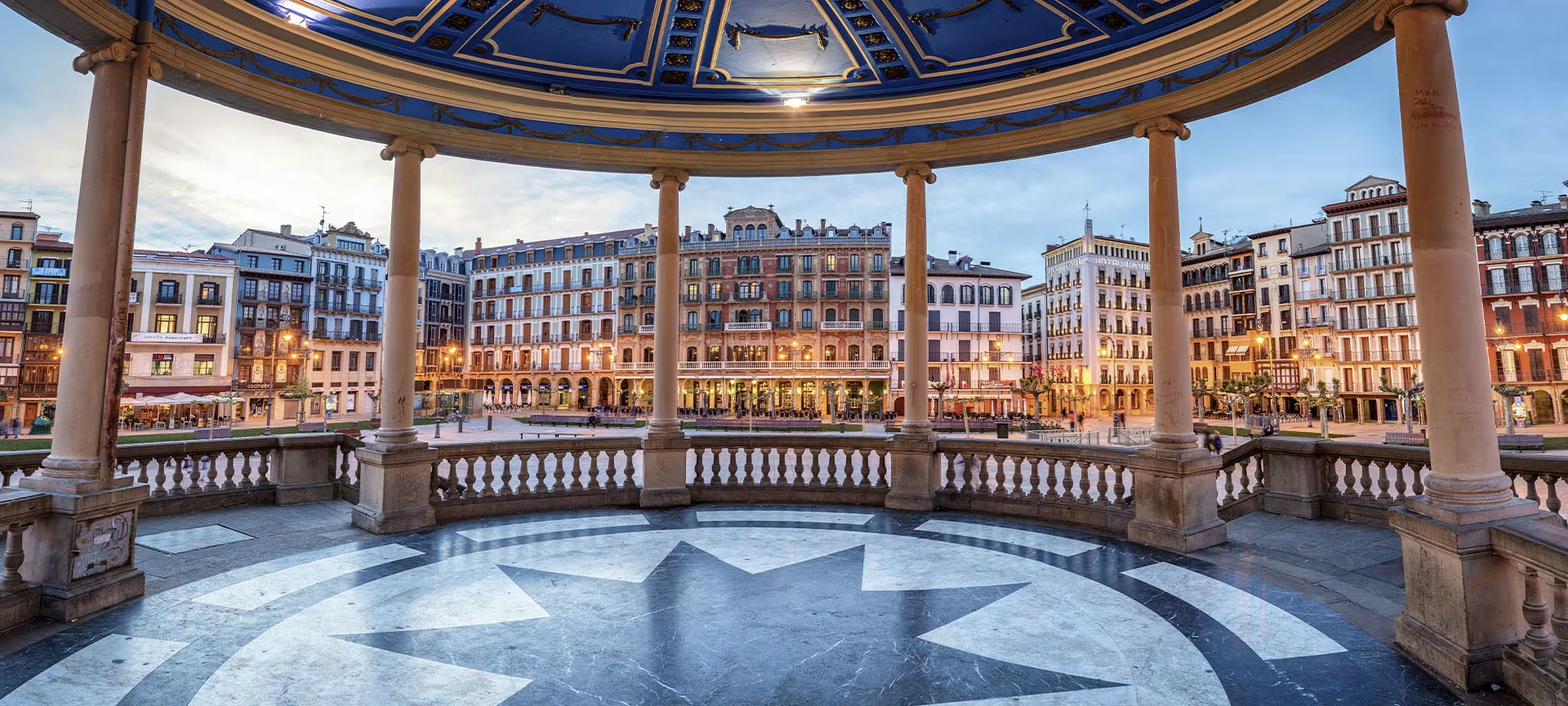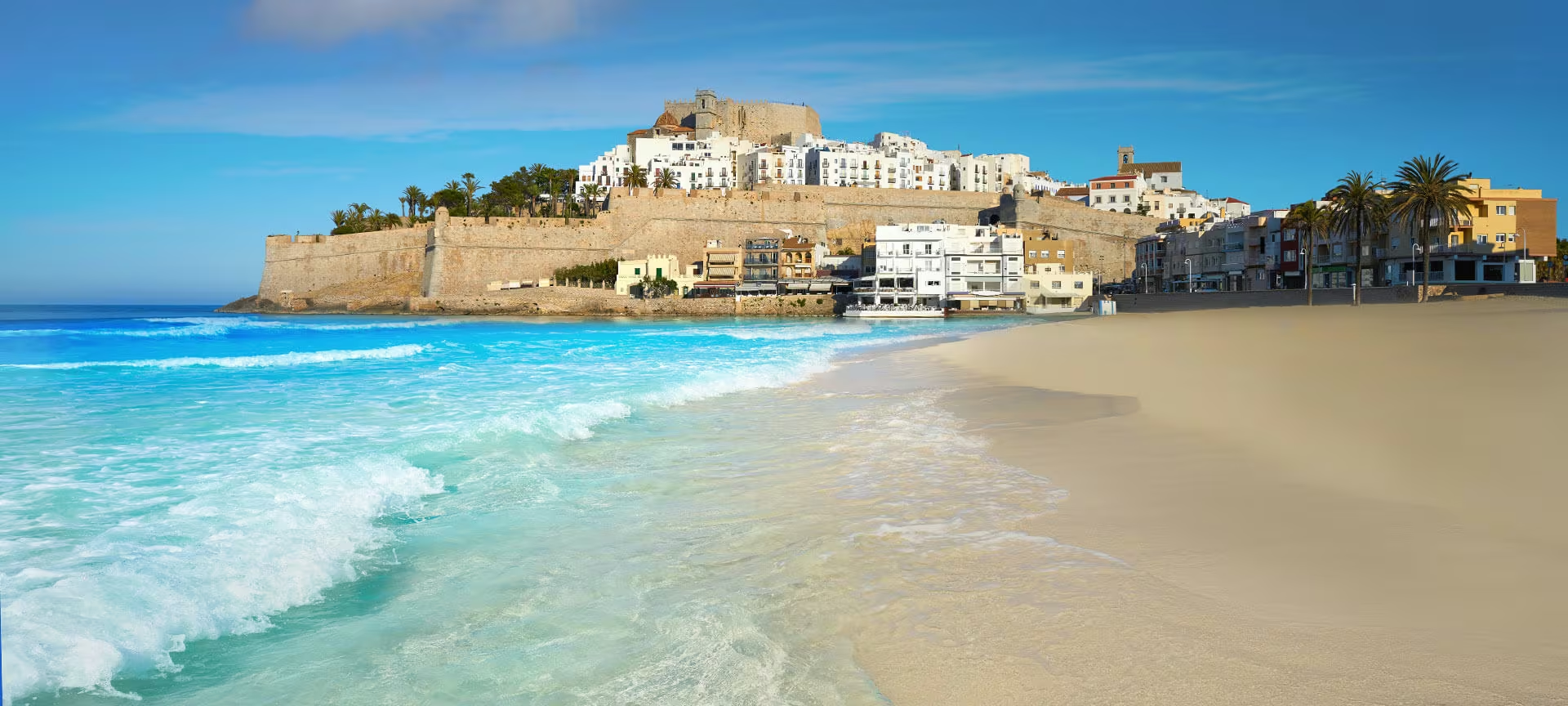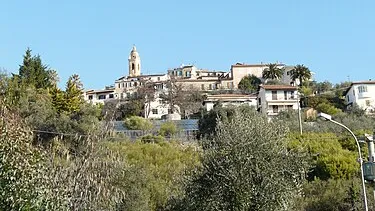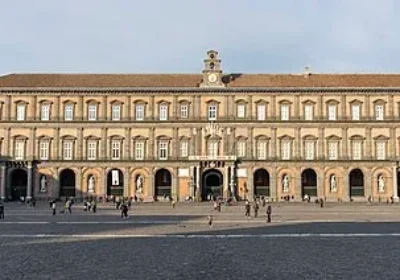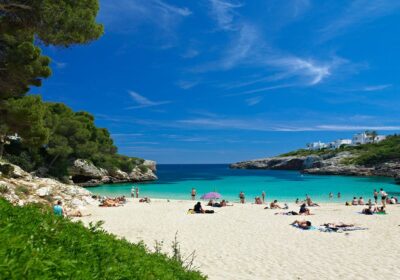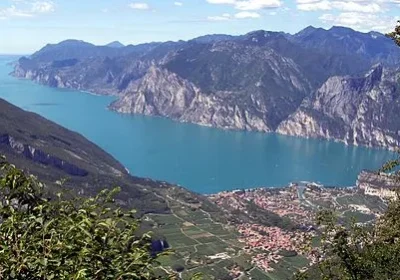A mountain village located 900m above sea level, offering spectacular views of the Alps and the neighbouring French Riviera. Seborg used to be home to Benedictine monks who turned the settlement into their own virtual principality. The monks opened a mint, minted their own coins and were not officially registered anywhere in Italian documents. Now this cute medieval settlement is visited by tourists, where, as souvenirs, they buy Seborga coins, a passport with a stamp and enjoy the beauty of the mountain scenery.
Seborga is a dwarf self-proclaimed state. About 300 people live in the tiny town, but they have their own flag, currency and even a monarch. There is a cobblestone square in the centre of town. In the square stands an old stone house where the prince and princess live. Sound like the beginning of a fairy tale? Well, the town of Seborga looks like a fairy tale. Medieval streets, steep ascents and descents, a traditional Catholic cathedral – a classic Italian village like a postcard. With one correction: Seborga is not Italy. At least, that’s the opinion of its inhabitants, who claim that their town is the capital of a proud independent principality with its own flag, currency and even a three-man army. Everything here bears witness to the claims of independence. Portraits of the princes hang everywhere, princely guards in livery and blue berets greet visitors to the city. The flags of the Principality with white and blue stripes fly above the town’s buildings. Local shops display signs about paying with the local currency, the luigino, and car licence plates are emblazoned with the national emblem. The town lives on money from agriculture and floriculture, the main sources of income.
Seborga faced fragile statehood in 2016 when, to the horror of the princely family, an impostor emerged claiming the throne. It’s easy to laugh and forget the bickering, but against the backdrop of Brexit and the rise of a nationalist government in Italy, Seborga’s claim to independence raises a host of complex questions about national identity and the nature of the concept of the state. If the self-appointed prince is just an irritating detail, the refusal of the outside world to recognise Seborga looks like a more serious problem. The Seborga princes have established diplomatic missions around the world and are considering applying for observer status at the UN. “Obviously, we want independence,” says Menegatto, but notes the slim likelihood that Italy will support the initiative.
.

